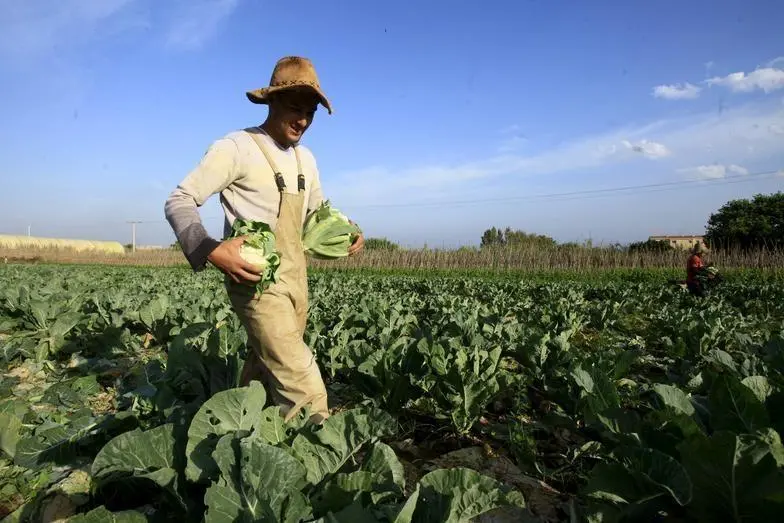PHOTO
ALGIERS- Algeria has dropped a plan to open up farmland concessions to foreign investors for the first time, a government official told Reuters on Monday, apparently reflecting continuing sensitivity about allowing outsiders into the oil reliant economy.
The plan, which was due to be discussed at a cabinet meeting last week, had called for allowing foreigners to partner with a state or a private Algerian firm to bid for agricultural concessions.
But the cabinet meeting has been postponed and President Abdelaziz Bouteflika rejected to let foreigners get involved in any concession, the official said.
"The president of the republic intervened to cancel the plan," he said.
The North African country has been slowly opening up its economy as part of wider reforms after a fall in energy earnings significantly hit state finances.
But privatisation is still a sensitive political issue, given the trauma of the 1954-1962 independence war with France and once strong ties with the Soviet Union.
In January, Prime Minister Ahmed Ouyahia's government announced plans to sell stakes in hundreds small and medium-sized state entreprises after talks with business associations and the country's main trade union.
But the presidency cancelled the plan just days later.
"Any plan to open up capital or transfer of assets of public economic enterprise is subject to the prior agreement of the president of the republic," the presidency had said in a decree in January.
"The final decision (on any deal) is also the sole decision-making prerogative of the president of the republic."
Offering agricultural concessions to foreign firms was meant to improve food output and cut spending on imports as oil and gas revenues have halved since 2014 -- food accounts for 20 percent of the OPEC member's $50 billion annual import bill.
To reduce reliance on imports, the government has been providing financial incentives to farmers including low interest loans and good quality seeds.
It is also aiming to increase irrigated areas mainly for cereals as the country of 41 million people is still one of the world's largest grain importers.
Droughts in recent years has pushed down domestic output, and some parts of the country's political elite seek to keep the state sector as the main player in the economy.
"We are happy with the president decision not to give up agricultural land," said Louisa Hanoune, head of the opposition Workers' Party.
(Reporting by Hamid Ould Ahmed, Editing by William Maclean) ((mailto:hamid.ouldahmed@thomsonreuters.com;))





















